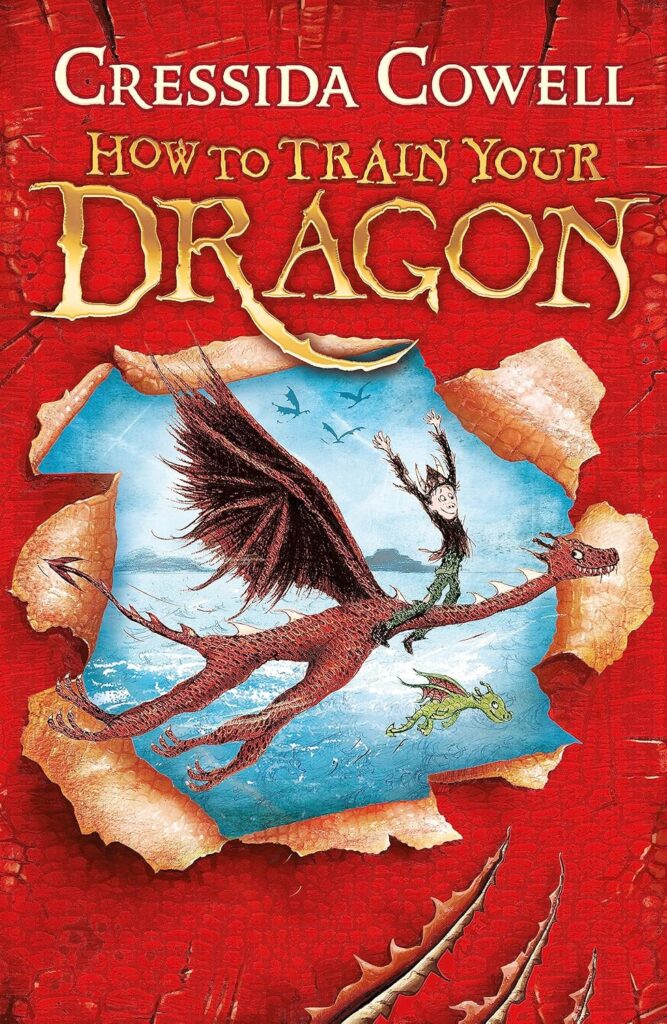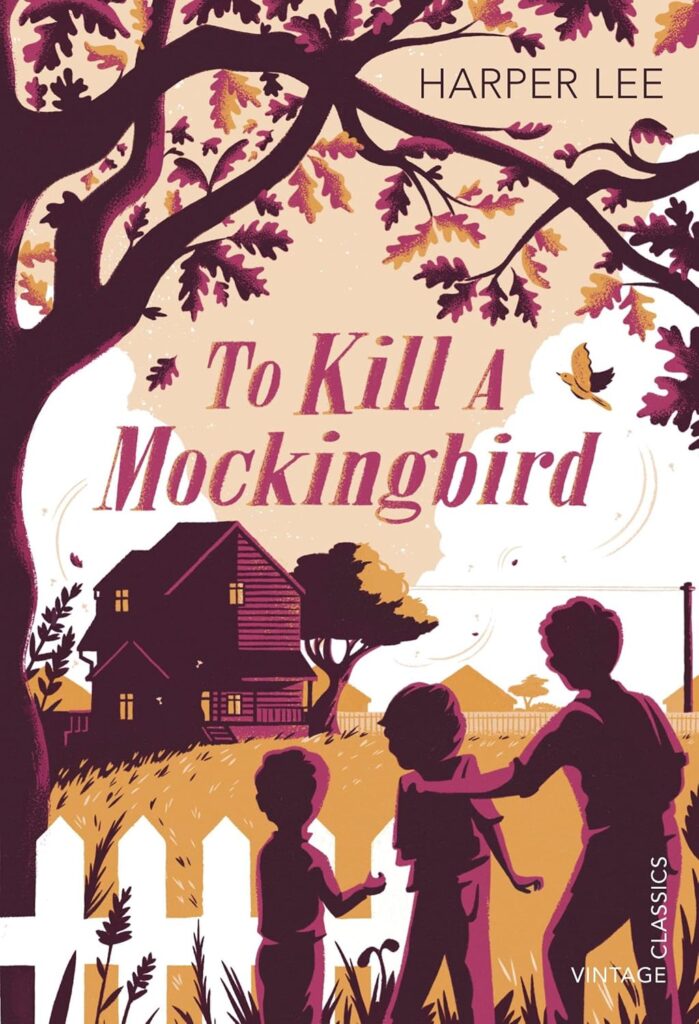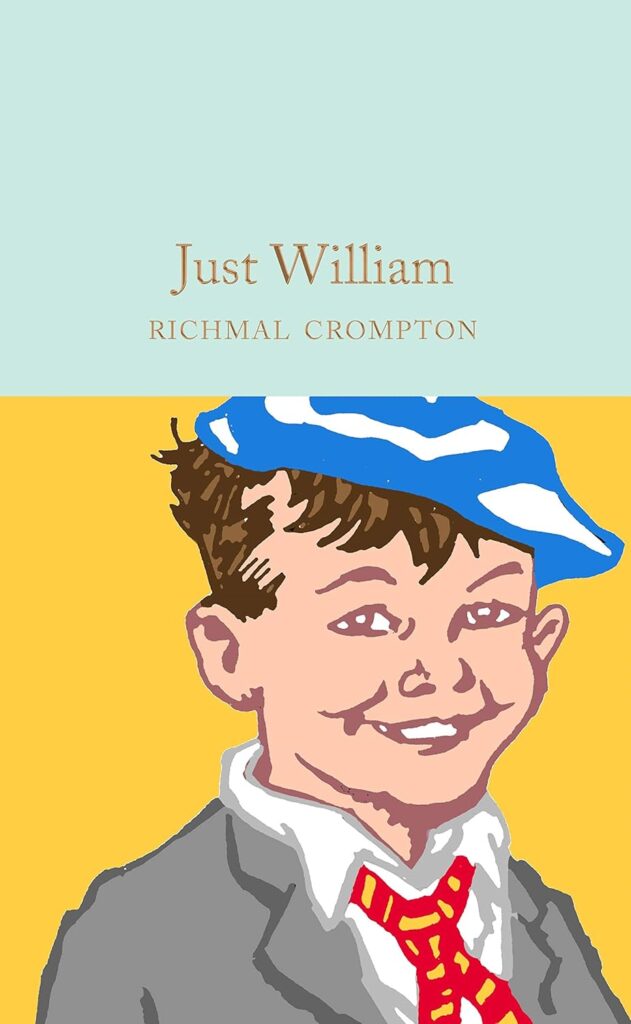Focus: Societal representation and belonging
Age Group: UK KS2-3
Synopsis: Fiction books and films share stories and characters which help to explore issues in the PSHE curriculum

Sharon Walsh
Westminster SLS
Librarian’s view:
Relationships between characters in books show us who we are and who we can become. Books in classroom collections and school libraries have an important part to play in this.
‘Coming to a cinema near you’ – from book
to screen!
| Have you ever read a book because you saw a film based on the story and decided the book might be worth trying? I saw Gregory Peck play Atticus Finch in To Kill a Mockingbird, when I was younger, and it inspired me to read the book written by Harper Lee. I wasn’t disappointed. Based on childhood experiences of the author we read a story of family, friendship and community which takes place in segregated, Alabama in 1930s America. It is a powerful book. The Just William books of Richmal Compton have been televised more than once. I was thrilled to find the books just as much fun to read as the enjoyment derived from filmed versions. I spent countless hours in the company of the Outlaws, a ‘gang’ of naughty schoolboys who get up to all manner of japes in an English country village. 2025 will see the latest film version of How To train Your Dragon come to a cinema near you. How many children will be inspired to read the book and the entire series of books as they emerge from the magical world of the film? In the first book, Hiccup, the main character, is shown to be quite sensitive and thoughtful for a Viking and so very much the outsider despite being the son of Stoick the Vast, the chief of the Viking tribe. Immediately, I’m hooked by this complex world of family expectations and societal norms. In this world on the Isle of Berk, Vikings are confident and loud; they shout at their dragons to do their bidding; winners take all! But what do you do if you don’t quite match expectations? Can you let your parents down by just being yourself? And is it fair to be pigeonholed because of who your parents happen to be? Vikings don’t spend too long thinking about this sort of thing and certainly not talking about their feelings. But Hiccup Horrendous Haddock the Third wouldn’t be the hero of our story if he weren’t up to the task. He’s both ordinary and exceptional, modest and brave. Hiccup and his classmates have to catch a dragon in order to train it. Spoiler Alert! Hiccup gives up the dragon he has captured to his friend, Fishlegs, who struggles to capture one for himself. Hiccup ends up with Toothless, a less than impressive specimen. By the end of the story the class bully, Snotlout, has been dealt with and much danger has been faced by the boys. Hiccup has acquitted himself honourably. His classmates see this and eventually too the entire community. We leave the Isle of Berk in this first instalment a better place than we found it. The book‘s a really entertaining read. The illustrations add a fun aspect and the smudges of ink and drawings of characters that trail across the pages add to the impression of a book for real children. I couldn’t put it down. I recommended it to other people and they loved it too. I wonder if I’ll end up preferring the film? Let’s not even go there… |
Reference:

How to Train Your Dragon, written and illustrated by Cressida Cowell

To Kill a Mockingbird, written by Harper Lee

Just William, written by Richmal Compton

